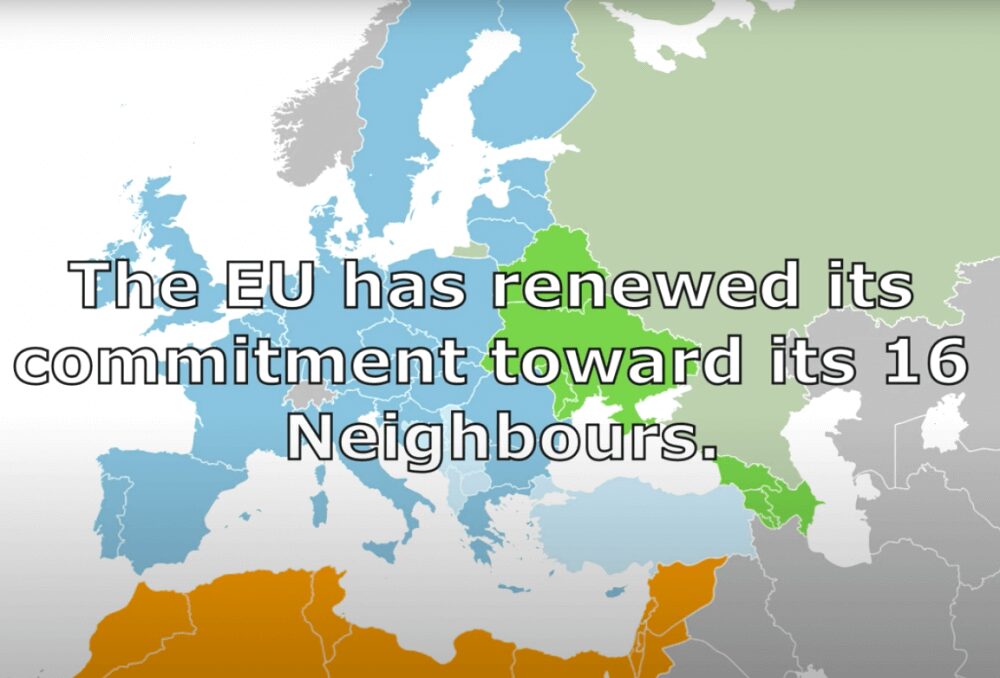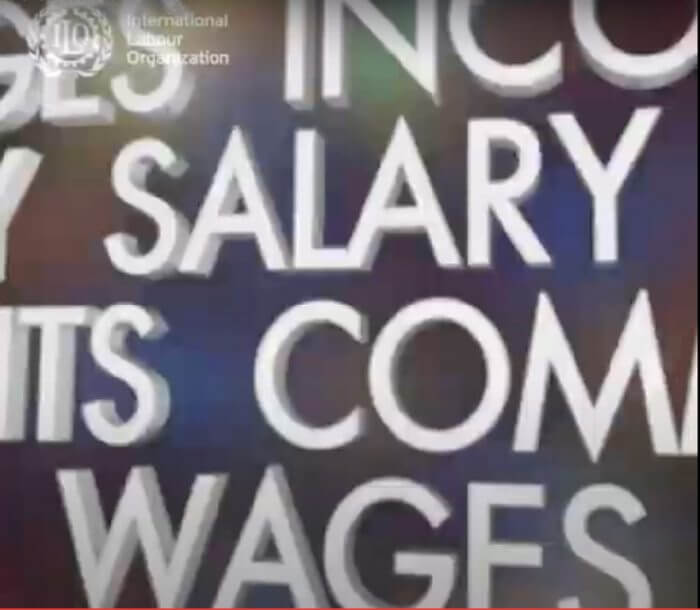, https://www.europarl.europa.eu/news/en/press-room/20201126IPR92517/
- 8 billion EUR earmarked for European territorial cooperation
- More resources to climate and social issues
- Increased support for small projects
On Wednesday, EU institutions reached a provisional agreement on European territorial cooperation and the financing of cross-border projects for 2021-2027.
The total resources available for cross-border cooperation for the period 2021-2027, through the EU Interreg instrument, are set at 8 billion EUR (8 050 000 000 in 2018 prices).
Interreg will support the following types of actions (referred to as “strands”):
- cross-border cooperation between adjacent regions to promote integrated and harmonious regional development between neighbouring land and maritime border regions (Interreg A; 72,2% of total resources);
- transnational cooperation over larger transnational territories or around sea-basins (Interreg B; 18,2%);
- interregional cooperation to reinforce the effectiveness of cohesion policy (Interreg C; 6,1%);
- outermost regions’ cooperation to facilitate their integration and harmonious development in their region (Interreg D; 3,5%).
The co-financing rate at each Interreg programme level is set at a maximum of 80% of the funds to be provided by the EU, with up to 85% for outermost regions.
Other key measures agreed
- More resources are expected to be spent on climate action and social programmes, including public health;
- Increased support for small projects and people-to-people projects: up to 20% within an Interreg programme may be allocated to small project funds;
- Pre-financing levels (funds made available to member states following the approval of the Interreg programmes) are set at 1% for the years 2021 and 2022, and at 3% for the years 2023 to 2026, resulting in more liquidity for programmes.
Quote
Rapporteur Pascal Arimont (EPP, BE) said: “Interreg is an important symbol for cooperation between neighbours. It significantly helps remove border obstacles – above all, those in people’s minds.”
“As a result of these negotiations, we enable regions to cooperate more easily – i.e. through simplified rules and procedures. In particular, small and people-to-people projects will be supported more strongly than ever.”
“We are also addressing the challenges of our time: regions have to invest in projects that tackle climate change or strengthen our health systems. As a consequence, together with the increased opportunities offered by REACT-EU, there will be many new possibilities for our regions to invest in sustainable and socially valuable cross-border projects in the future.”
Next steps
Parliament and Council are now expected to endorse the content of the agreement.
Background
The regulation lays down the specific provisions for the European territorial cooperation goal (Interreg) supported by the European Regional Development Fund (ERDF), the European Social Fund (ESF+) and the Cohesion Fund for the 2021-2027 programming period.
Under the future Common Provisions Regulation, five policy objectives are identified: (1) a more competitive and smarter Europe; (2) a greener, low-carbon transitioning towards a net zero carbon economy and resilient Europe; (3) a more connected Europe; (4) a more social and inclusive Europe; (5) a Europe closer to its citizens.














